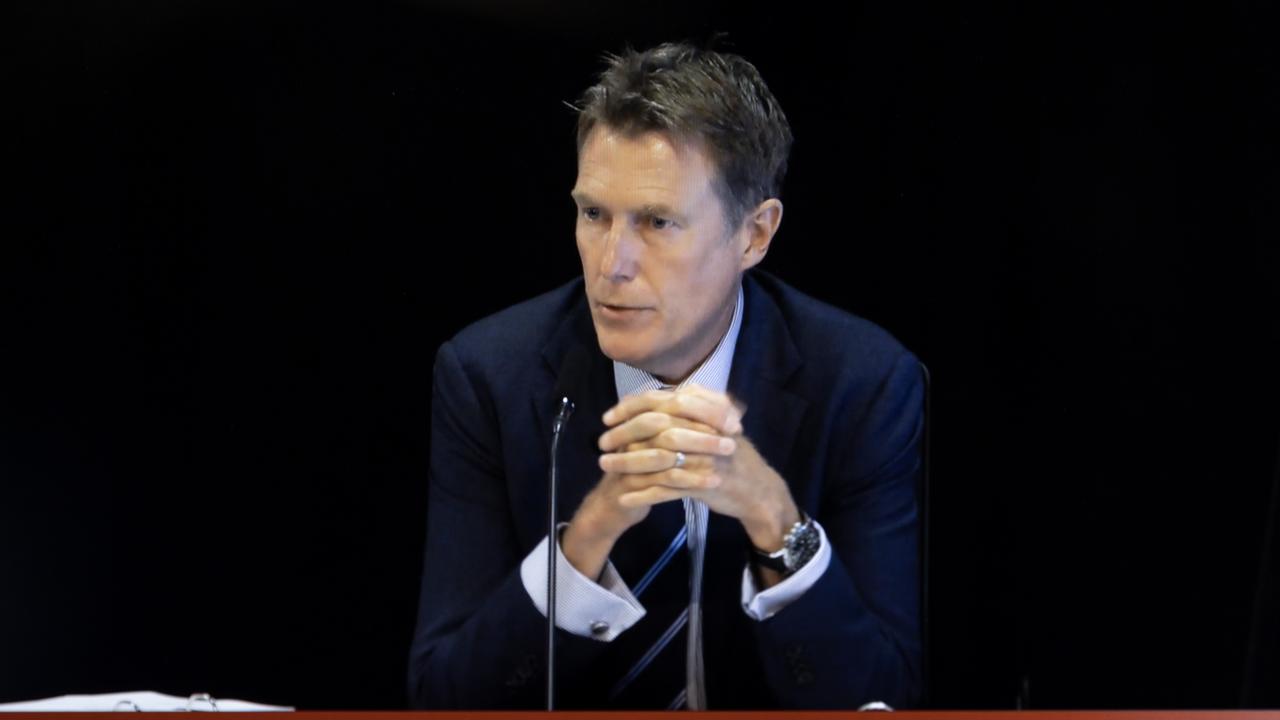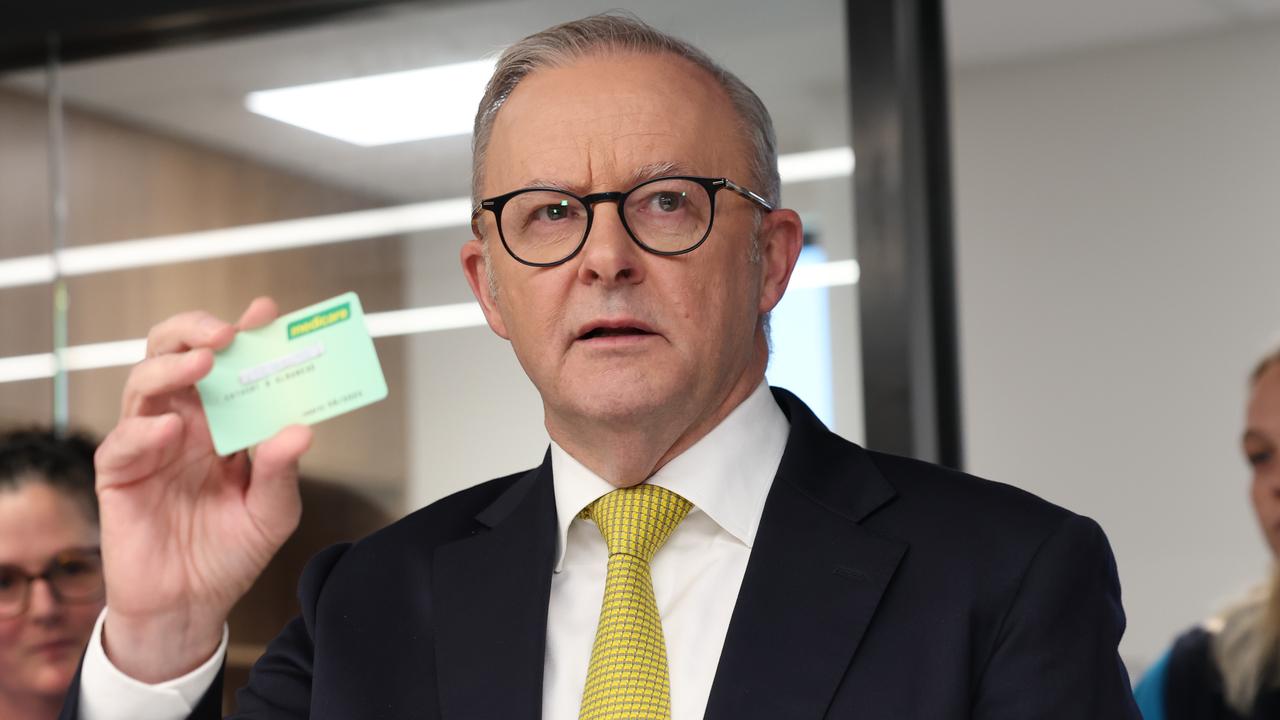Royal commission findings into illegal robodebt scheme revealed
Former prime minister Scott Morrison gave “untrue” evidence to the robodebt royal commission, a bombshell report has found.
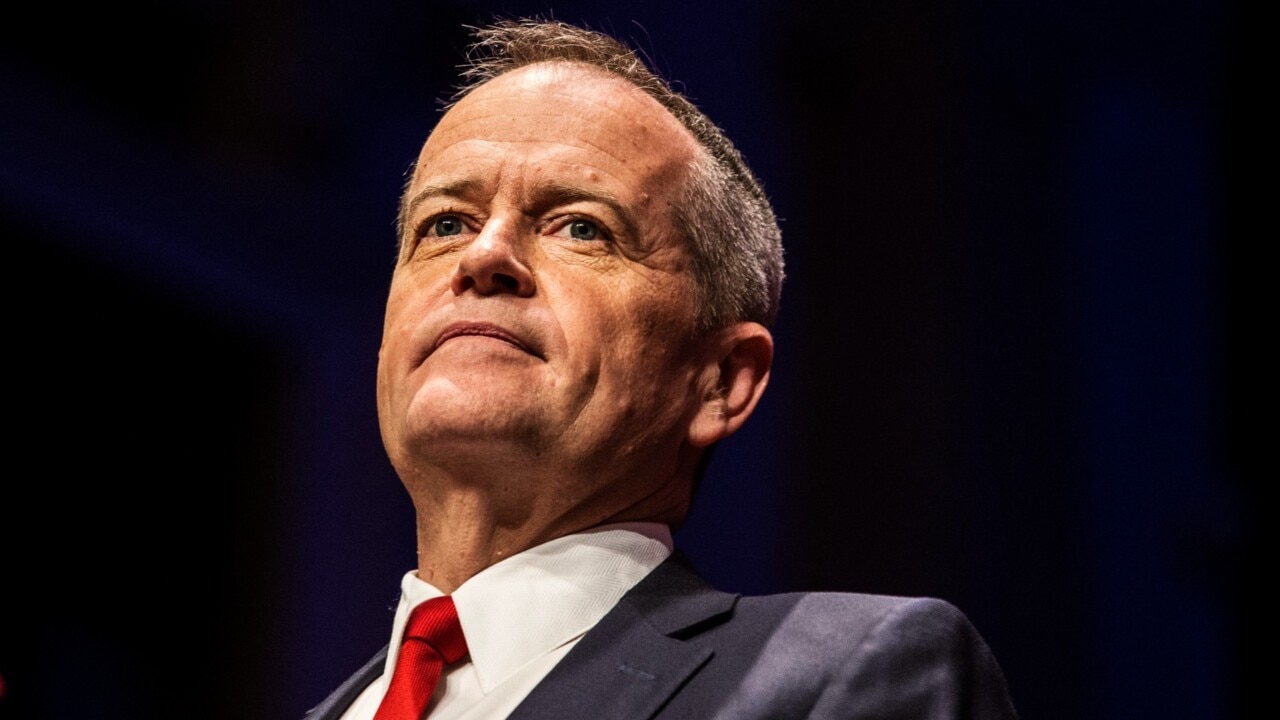
Former prime minister Scott Morrison gave “untrue” evidence to the robodebt royal commission, a bombshell report has found.
The finding was made on Friday in relation to Mr Morrison’s evidence that he was told in 2015 that income averaging, one of the most controversial and ultimately illegal aspects of the now infamous debt-recovery scheme, was a “longstanding practice”.
Mr Morrison, who is on holidaying with his family in Europe, was a crucial player in the robodebt scheme as social services minister in 2015.
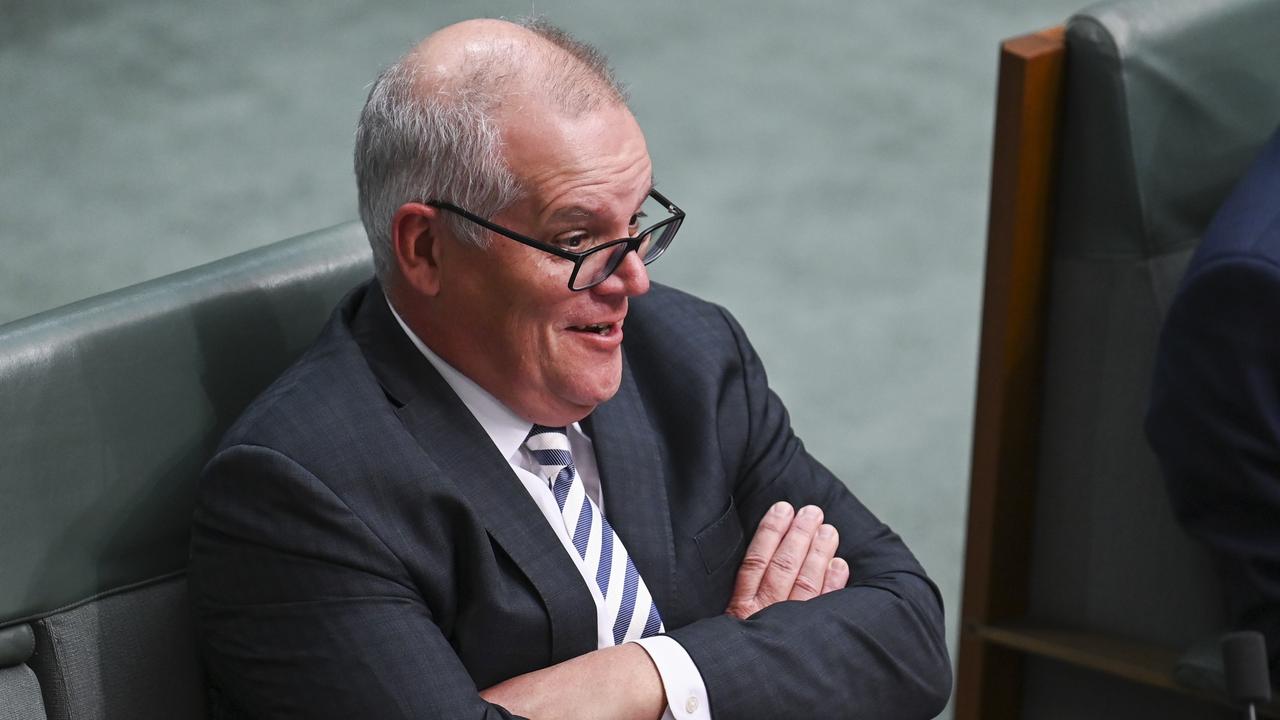
In substantiating his belief that income averaging was common practice, Mr Morrison had relied on two media releases, one of which was from 1990, Commissioner Catherine Holmes SC wrote in her report,
“Neither media release dealt with income averaging or automated debt recovery,” Ms Holmes wrote.
She wrote that two letters also relied on by Mr Morrison to reinforce his evidence that income averaging was a longstanding practice were from 1994 and one of those was a template.
“For those reasons the commission did not find the documentary evidence to which Mr Morrison pointed compelling,” Commissioner Holmes wrote.
“In any event, Mr Morrison was not provided with any documents in 2015 which provided any support for his assertion of a longstanding practice, let alone its legality.
“If Mr Morrison wanted to question the advice in the executive minute that legislative change was required for income averaging, given his asserted belief that it was a longstanding practice, he could have followed his usual practice of writing beneath his signature.
“The more likely explanation is that he did not question the advice because he knew that entitlement for income support payments according to the legislation was worked out on the
basis of actual fortnightly income.”
In January 2015, Mr Morrison, who had recently risen to his role as social services minister, said in an interview he planned to be a “strong welfare cop on the beat” because Australians were “not going to cop people who are going to rort the system”.
‘Incompetent, cowardly’
The government scheme was also branded as incompetent and cowardly.
The three-volume, 990-page report contains 57 recommendations as well as a sealed chapter that has recommended individuals for civil and criminal prosecution.
“At the least, I am confident that the commission has served the purpose of bringing into the open an extraordinary saga, illustrating a myriad of ways that things can go wrong through venality, incompetence and cowardice,” Ms Holmes wrote.
Throughout the royal commission into the robodebt scheme, Ms Holmes heard testimonies from more than 100 witnesses.
Those witnesses included two former prime ministers, Mr Morrison and Malcolm Turnbull, as well as former ministers Christian Porter, Alan Tudge and Stuart Robert and senior members of the public service.
It’s understood Ms Holmes extended the reporting date in order to make specific referrals to the newly established National Anti-Corruption Corruption Commission, which began its operations this month.

‘Irony’ in savings claim
Robodebt, an automated debt recovery system aimed at finding discrepancies between the declared incomes of welfare recipients and what they had actually been paid, illegally recovered more than $750m from 380,000 people during from 2015 to 2019.
The scheme also sent incorrect debt notices to more than 400,000 Australians.
In her report, Ms Holmes also highlighted the “irony” of the ultimate cost to the taxpayer of the robodebt scheme, which was borne out of a desire to trim the budget bottom line.
By mid-2020, the government had announced it would refund debts raised wholly or partially on the basis of averaging if they had been paid and reduce them to zero if they had not.
“This involved reimbursement of $746m to some 381,000 affected individuals and writing off debts amounting in total to $1.751bn,” the report read.
In June 2021 the Federal Court agreed to a $1.8bn settlement for victims of the scheme following a class action.
The court called it a “shameful chapter” and a “massive failure of public administration”.
Taxpayers slugged $2.5m in legal expenses
Ahead of the release of the report on Friday, the Attorney-General’s Department revealed taxpayers had been charged $2.5m for eight ministers to receive legal assistance.
The eye-watering figure is less than the true figure, as it doesn’t cover the costs for the final month-and-a-half of the commission.
Assistance for Mr Morrison makes up nearly $500,000 of that total amount.
The legal bill for former attorney-general and social services minister from 2015-21 Christian Porter neared $800,000.
The breakdown is as follows:
• Christian Porter: $795,053
• Michael Keenan, human services minister from December 2017 to May 2019: $518,064
• Scott Morrison: $477,528
• Marise Payne, human services minister from September 2013 to September 2015: $240,520
• Stuart Robert, human services minister from September 2015 to February 2016, government services minister from 2019-2021: $183,835
• Dan Tehan, social services minister from December 2017 to August 2018: $112,696
• Malcolm Turnbull, former prime minister: $98,935
• Anne Ruston, families and social services minister from May 2019 to May 2022: $5626
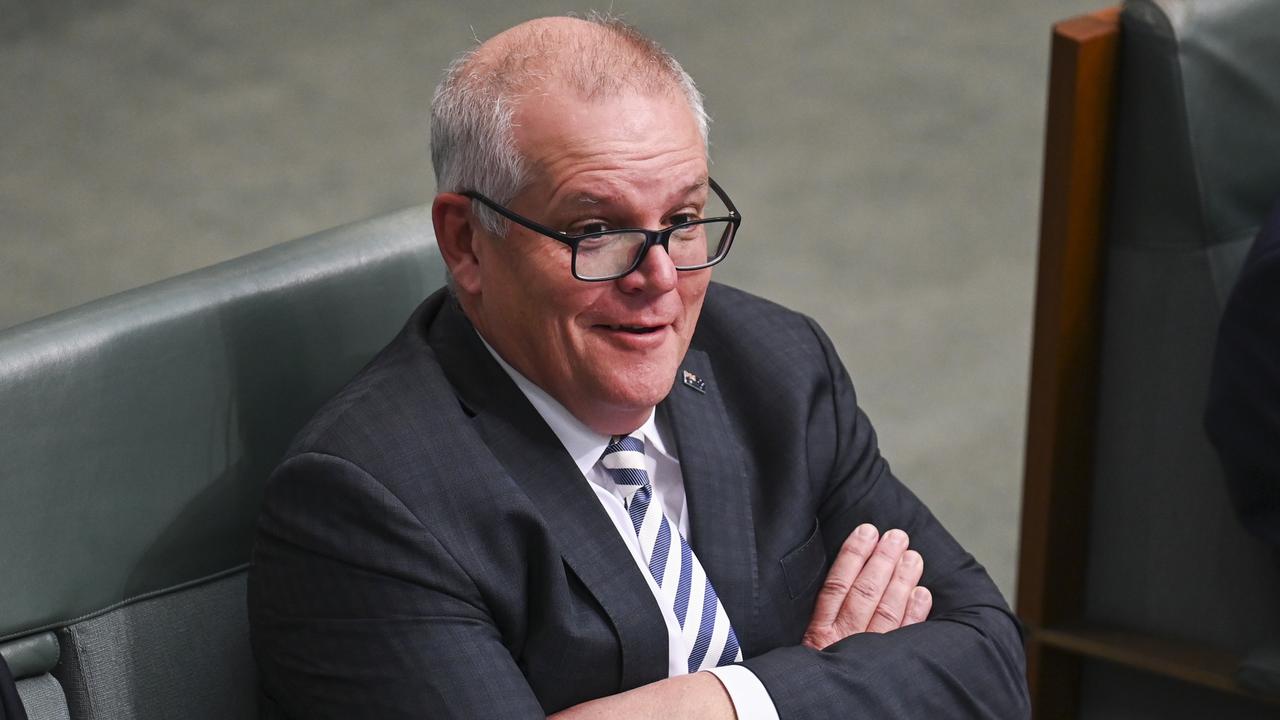
Commission ‘confident’ more than two linked suicides
Ms Holmes said she was “confident” there had been more than just two suicides as a result of the scheme.
The mothers of two men, Rhys Cauzzo and Jarrad Madwick, who died by suicide after being issued robodebt notices, gave strong testimonies to the royal commission.
In her report, Ms Holmes wrote that Mr Tudge was aware of at least two suicides by July 2017 and their families had identified the impact of robodebt as a factor in their deaths.
“Nonetheless, Mr Tudge failed to undertake a comprehensive review of the scheme, including its fundamental features, or to consider whether its impacts were so harmful to vulnerable recipients that it should cease,” she wrote.
Ms Holmes said the suicides of Mr Cauzzo and Mr Madwick “were not the only tragedies of this kind”, but Services Australia could not provide figures for the numbers of people who died by suicide as a result of robodebt.
”What is certain is that the scheme was responsible for heartbreak and harm to family members of those who took their own lives because of the despair the scheme caused them,” Ms Holmes said.
